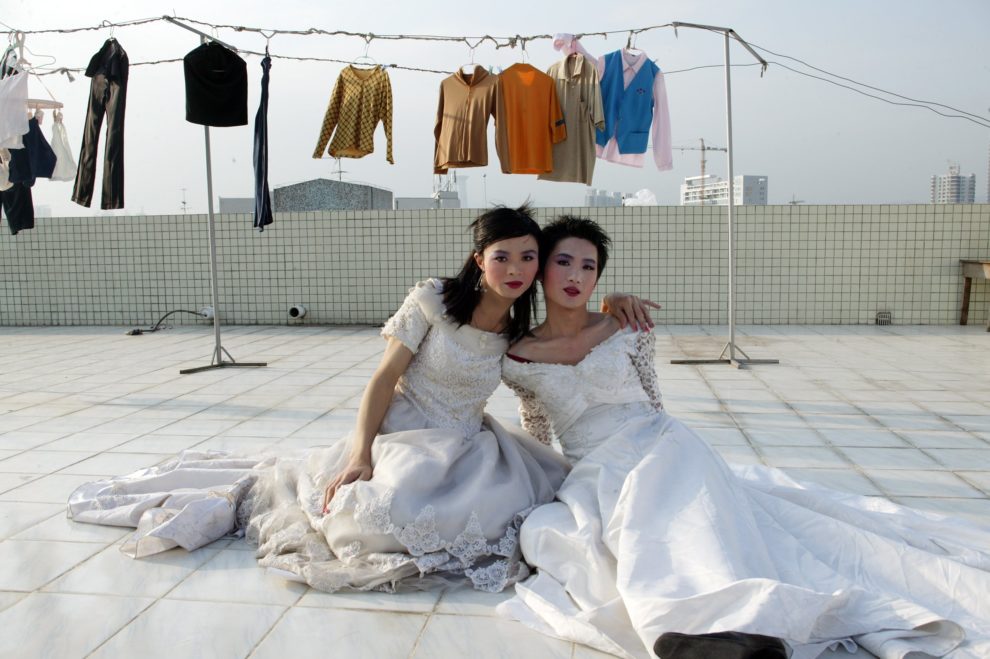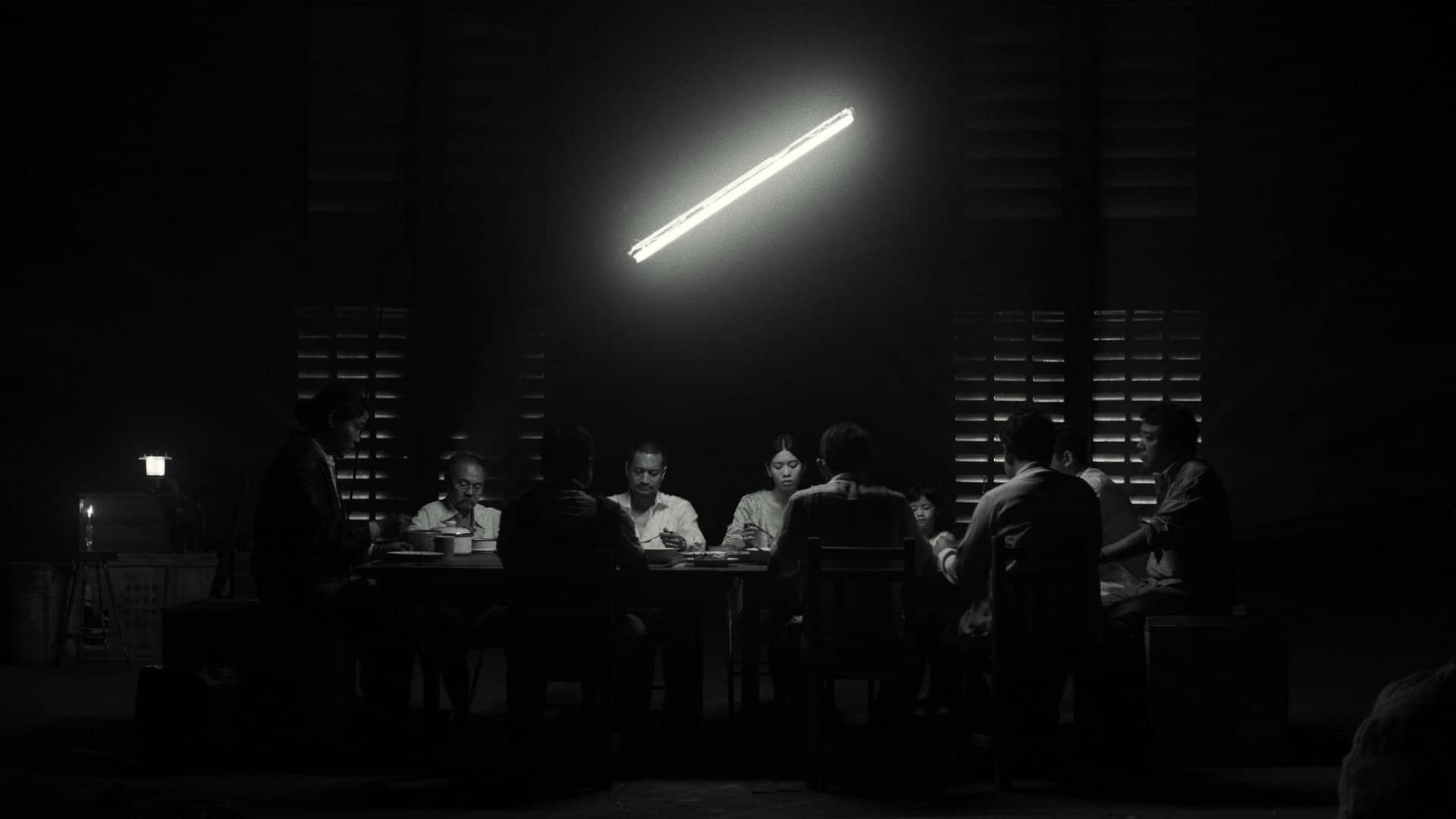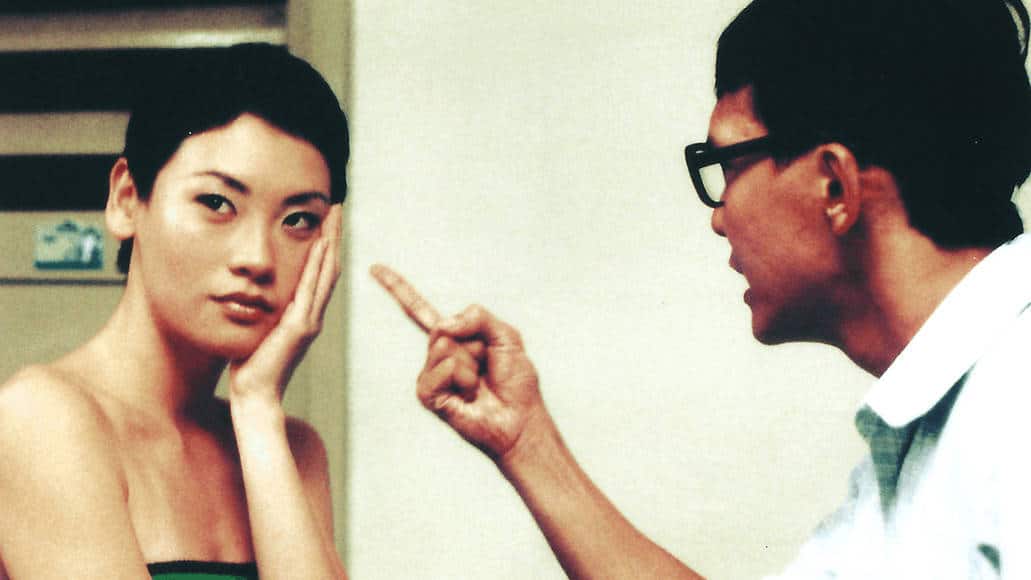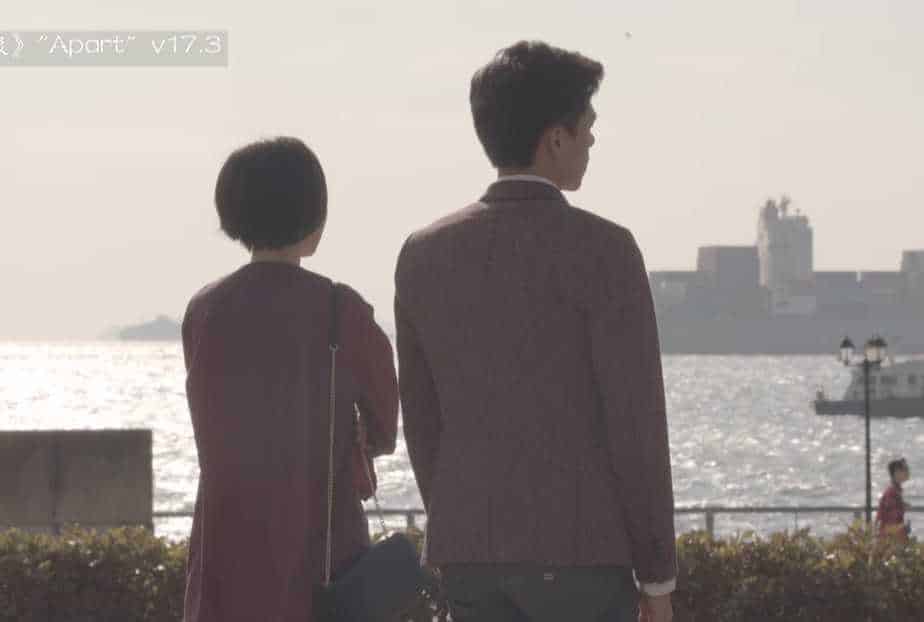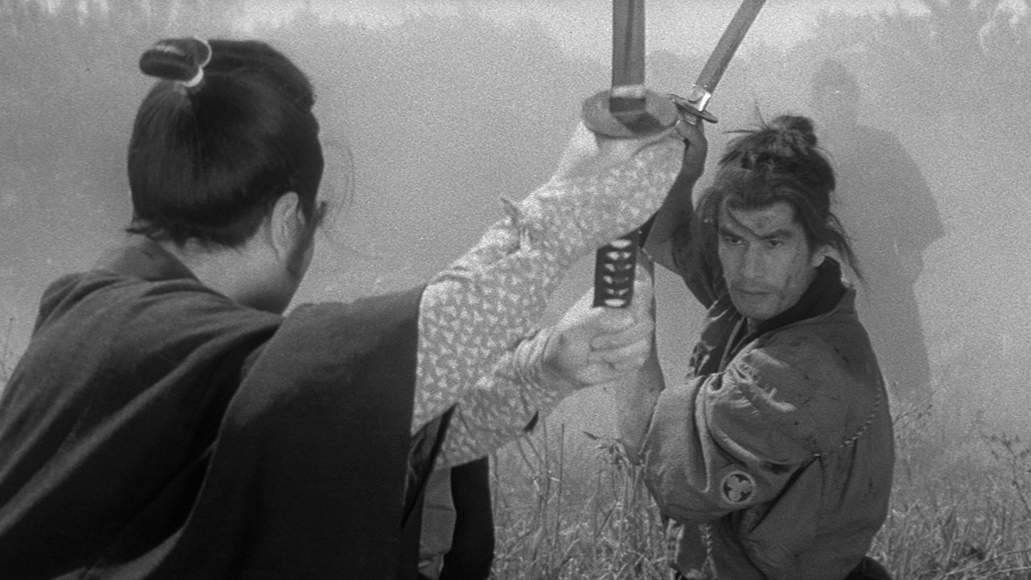As we have mentioned before, Twain's quote, “Truth is stranger than fiction…” finds itself manifesting repeatedly in documentaries, with the stories we have recently stumbled upon (in “Khatemeh” for example) surpassing all kinds of scenarios found in feature films. “The Two Lives of Ermao” is another of these movies, as the presentation of the odyssey the protagonist experiences looks as if it has come straight from the pages of a rather imaginative and intricate novel.
“The Two Lives of Ermao” is screening at Chinese Visual Festival
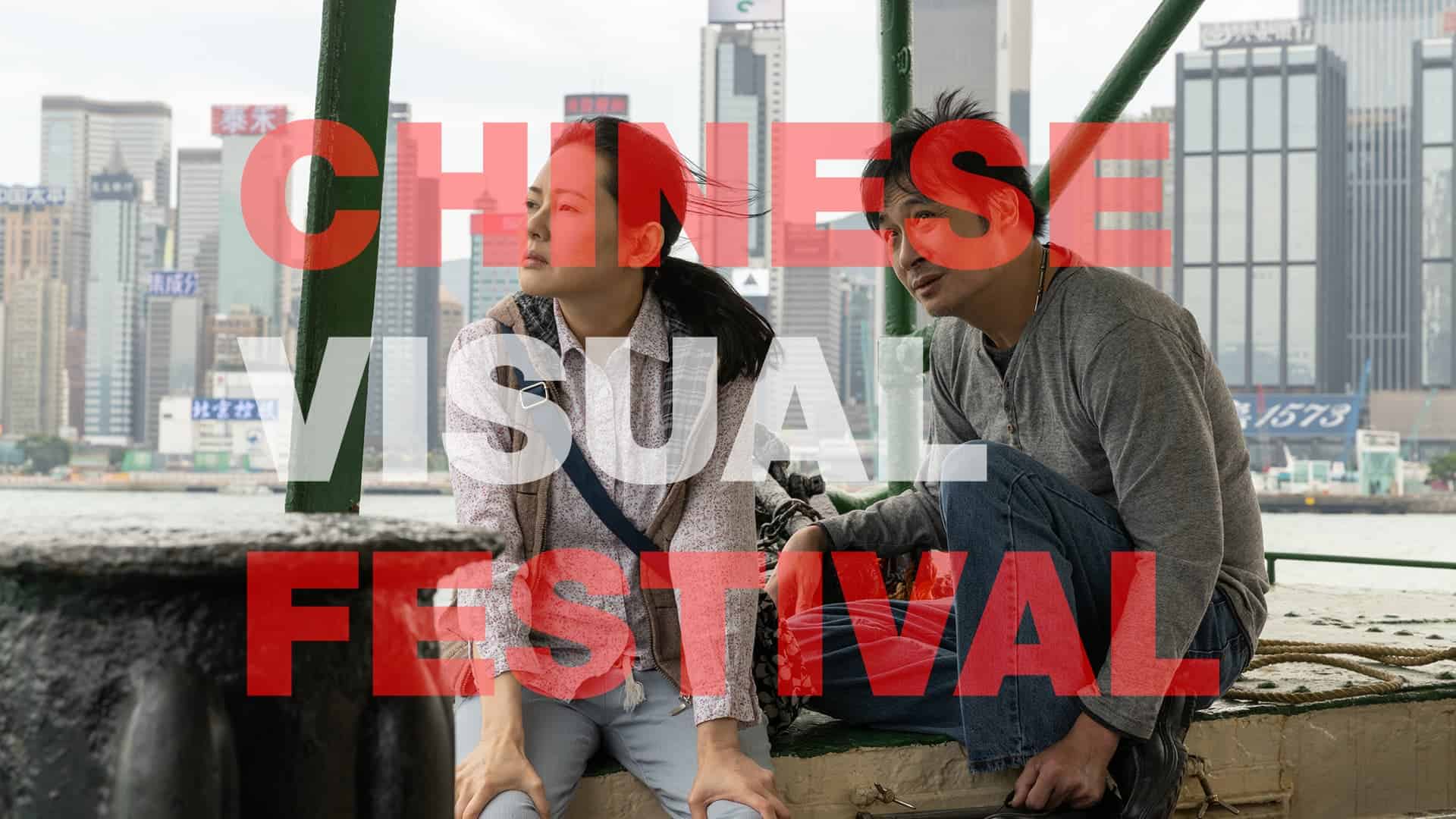
Filmed over 17 years across Southern China, Jia Yuchuan's camera follows Li Ermao, who was born a boy, but has lived for many years as a ladyboy, after undergoing a surgery for breast implant, along with a number of other cosmetic procedures. As the documentary begins, the protagonist is at the top of her game, performing at the Venice Beach Club, and earning a lot of money through hard work, while also enjoying the company of a boyfriend. The first issue with her, however, also emerges as her gambling tendencies and alcoholism force her into a downward spiral that soon has her being alone and broke. A new boyfriend brings a sense of hope, but Ermao soon finds herself having to return to her hometown, where her land has been seized by relatives and neighbors, to the point that her only choice is to place a tent in the area she still owns, where she starts living with her boyfriend, making a living by raising chickens.

The rather shocking truth about her childhood age and particularly her brutal father comes to the fore here, in a series of stories that involve human kidnapping and trafficking, including of babies, eating stillborn infants, and the selling of own children. Ermao seems to find some sense of balance, although the mocking of the locals towards her appearance is continuous. The involvement of a local official, however, ends this period, with her and her boyfriend returning to Shenzhen, having sold her land. Again, they both find work and balance eventually, but Ermao's issues strike once more. A few years later, a broken Ermao has changed completely, but a chance at happiness emerges once more, only for tragedy to strike in the worst way.
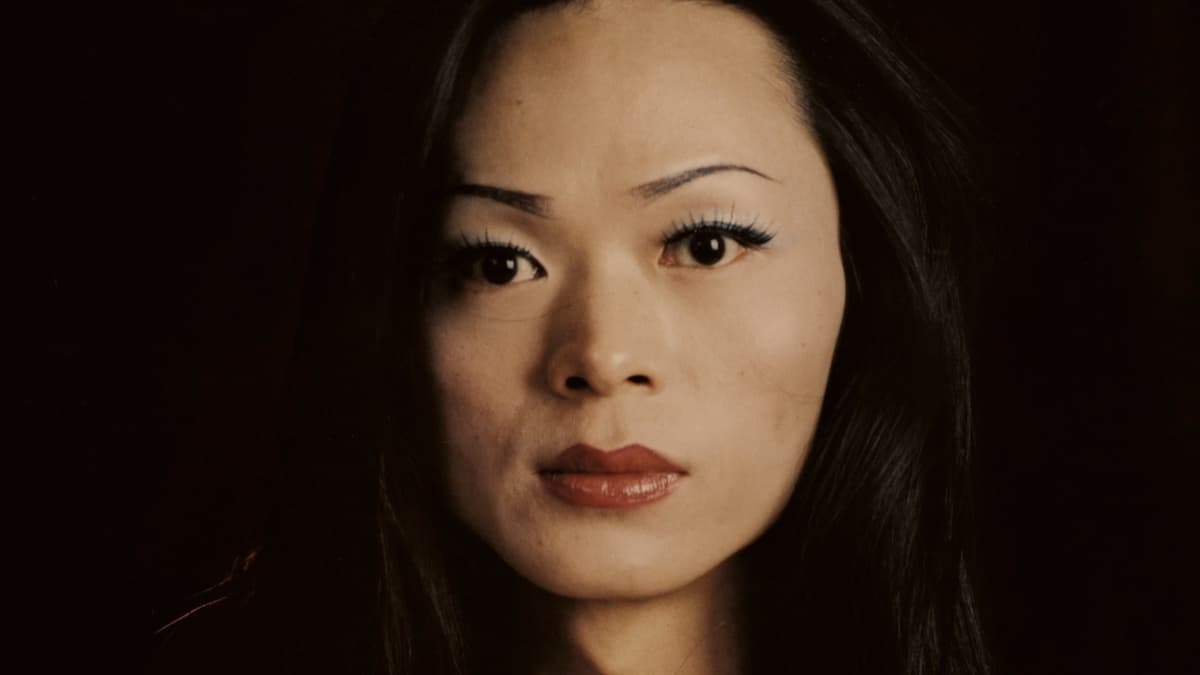
The usual tactic documentarians implement in their films is to stay out of the story as much as possible, in order to allow the viewer to focus completely on the subject. This, however, is not the case with Jia Yuchuan, who finds himself caring deeply for Li Ermao, even getting angry on some of her bad life choices, with his reactions and overall attitude becoming, eventually, a central part of the narrative, as he does not seem to be able to retain an objective, detached stance in front of his subject. This tactic, however, emerges as one of the best aspects of the film, with the combination of what the camera is recording and the director's reactions drawing the viewer more into the story, intensifying the empathy one feels for Ermao. At the same time, Søren B. Ebbe's editing of footage recorded over 17 years emerges as ideal, with the way the story is presented having nothing to envy from fiction films.
Apart from the approach and the technical aspect of the documentary, what is truly remarkable is Li Ermao's story, with each of the different periods in her life presented on the film including more events and experiences than a “normal” person could live in a lifetime. Particularly his continuous downward spirals and the subsequent “good periods” are rather impressive to witness, while also highlighting a person that is both brilliant and filled with faults at the same time. Furthermore, the roots of his radical persona, starting from his childhood and his awful relationship with his father, to his constant search for love in order to counter a fear of being alone and his search for funds that will allow him to undergo a sex change operation, present a rather thorough psychological portrait of an individual who had very few chances in his life, and he wasted even those. This dramatic aspect is also intensified by the prejudice, racism, and frequent violence Ermao had to face in her life, with her getting into fights, and usually losing, being another of the central aspects of the narrative, which is cemented in the rather tragic finale. The same applies to her overall path, from being a star performer to a man alone with no money, which also adds to the overall drama, through a story that can also be described as shocking.
Lastly, the raw realism of the documentary seems to state that poor people cannot even dream of change, particularly when they have no support from their family, with Ermao's life completely deconstructing the “Chinese Dream” of people from the villages going to the urban centers and making it big. At the same time, Jia Yuchuan poses a question, of if it was his roots and past or his own mistakes that led him to the tragic road he eventually found himself in, with the answer being left completely to the viewer.
“The Two Lives of Ermao” is shockingly realistic and a truly dramatic story which is presented in a way that deems the film one of the best documentaries we have seen the latest years.


